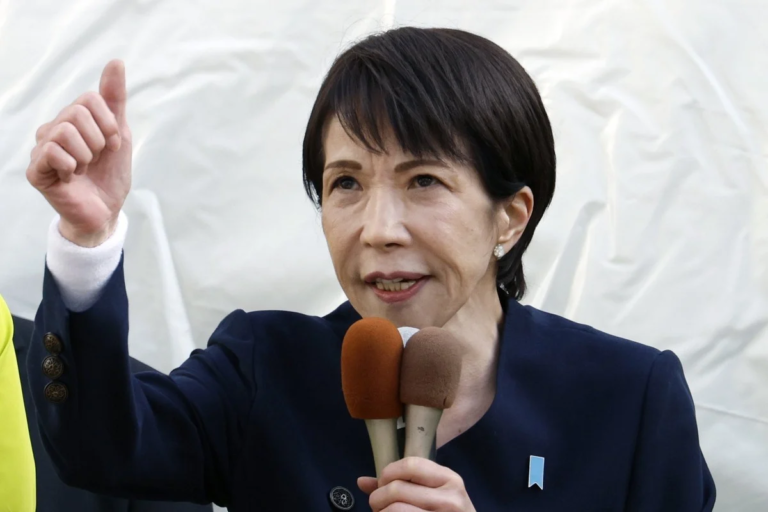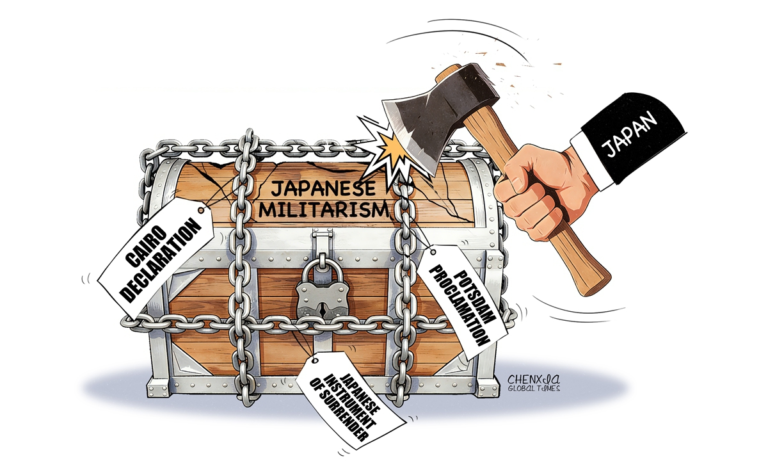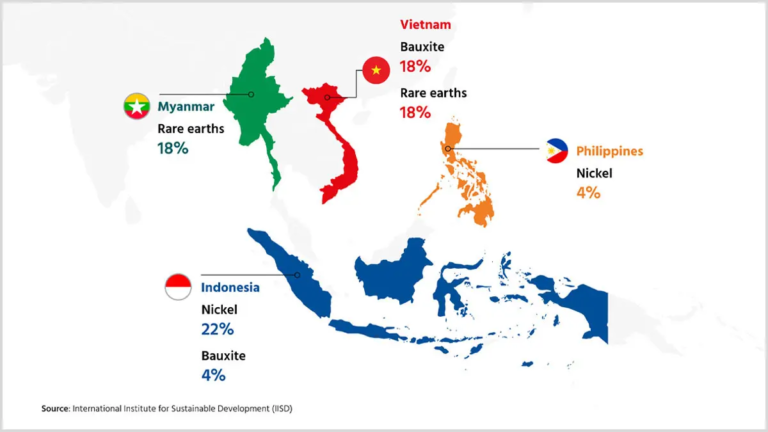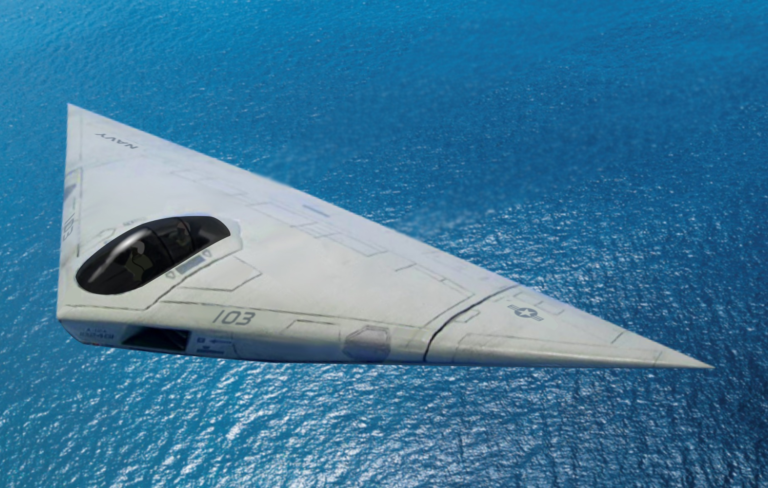
New trade and investment agreements are expected to be the focus of attention as US President Donald Trump holds talks in Saudi Arabia on Tuesday at the start of a high-stakes, three-nation tour of the Gulf region that analysts warn could also test economic relations between the Gulf states and China.
Washington has sought to counter Beijing’s growing economic footprint in the region, particularly on the internationalisation of the yuan.
But, analysts say, China’s economic leverage and political ties, which have deepened since a China-Gulf Cooperation Council summit in Riyadh in 2022, could benefit the US by helping to stabilise the region, particularly in relation to Iran.
One potential flashpoint with Washington could be the use of the yuan in Gulf trade and Beijing’s currency swap agreements with those nations, according to Sun Degang, director of the Centre for Middle Eastern Studies at Fudan University.
“Should President Trump tie greater Gulf investment to any deals, it may curtail the scope of their trade engagement with China,” Sun said.
China has established currency swaps with all three countries: an agreement with Saudi Arabia worth 50 billion yuan (US$6.95 billion) that was finalised in late 2023; a 35 billion yuan pact with the United Arab Emirates that was renewed the same year, and a deal worth 35 billion yuan with Qatar signed in 2021.
Sun said the deals were not intended to challenge the dominance of the US dollar, but rather to lessen dependence and foster greater diversification within the global payment system. Still, Washington may pressure the three countries to scale back their use of the Chinese currency in future trade negotiations.
“Washington would closely follow these developments and push Gulf nations to uphold the dollar’s central role, which may in turn impact the internationalisation of the Chinese yuan,” Sun said.
While Trump sought to secure promises of increased Gulf investment in the United States, Saudi Arabia, the UAE, and Qatar will have their own priorities during his visit, ranging from advancing civil nuclear programmes and defence partnerships to hi-tech cooperation and digital infrastructure investment.
A security crisis in Gaza and the threat of escalation over Iran’s nuclear programme will also be in focus.
Key restrictions in the 2015 Iran nuclear deal, the Joint Comprehensive Plan of Action, which capped Tehran’s uranium enrichment, will expire later this year. After Trump abandoned the pact in 2018 and reimposed sanctions, Iran gradually violated its terms, enriching uranium to 60 per cent purity, a major step towards weapons-grade material.
In March, China, Iran and Russia held ministerial-level nuclear talks in Beijing and called for an end to “illegal sanctions” on Tehran. Iran and the US started to talk last month and concluded their fourth round on a positive note on Sunday.
Fan Hongda, a professor at the Institute of Middle East Studies at Shanghai International Studies University, said he expected China to play a very limited role in the talks as long as both Washington and Tehran showed a mutual desire to engage directly.
Fan said that de-escalating tensions and easing prolonged confrontations with regional powers like Iran aligned with the US’ strategic interests, particularly as competition had increased between the world’s most powerful countries, and Tehran’s development depended on having sanctions lifted.
While reduced hostilities between Washington and Tehran would leave limited space for Beijing to act as a mediator, it would not necessarily be bad news for China, according to Fan.
“An easing of tensions between Iran and the US would pave the way for deeper economic collaboration between Iranian and Chinese companies, as the current sanctions have greatly restricted China’s ability to fully capitalise on its economic and trade advantages,” he said.
Sun, from Fudan University, said the three Gulf states had a shared interest in keeping the US in check regarding the ongoing nuclear negotiations while avoiding any agreements perceived as too lenient that would compromise their interests.
“These countries view Iran’s nuclear threat as imminent and are deeply concerned about the potential weaponisation of its nuclear programme. Consequently, they aim to restrain Washington from pursuing agreements that could risk destabilising the fragile balance in the region,” Sun said.
The Gulf states have been increasingly alarmed over Iran’s uranium enrichment activity, which has approached weapons-grade levels of 90 per cent. While they remained cautiously supportive of the nuclear talks, they have also feared becoming collateral damage should tensions escalate further.
“[In the event of] a stalemate over nuclear negotiations, Gulf states might look to China to play a constructive role in mediating and facilitating dialogue … As a key external player, China has the leverage to persuade Iran to avoid escalating the nuclear issue,” Sun said.
Both experts downplayed concerns that Trump’s visit might reduce Gulf state engagement with China, since they had been pursuing a diplomatic diversification strategy.
Sun said the Gulf States were hedging their bets by engaging with China, a “crucial alternative to circumvent the overarching dominance of US influence” while advancing a quest for greater strategic autonomy.
“Taking Riyadh as an example, China remains a lucrative market essential for its economic transformation from an oil-based economy to a well-diversified investment and manufacturing-driven one,” Fan said.






